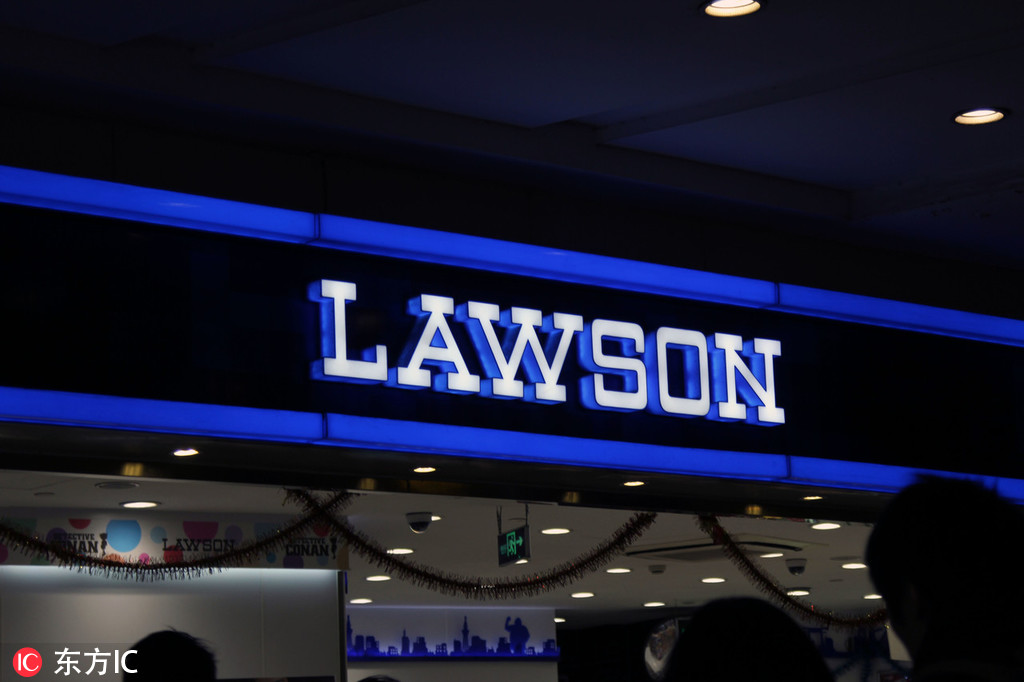Lawson takes control of some OurHours stores


Japanese convenience store giant Lawson is acquiring nearly 100 branches of Chinese convenience store chain OurHours in East China and the southwestern city of Chongqing, taking its total store count in the country to 2,100, a top company official said on Tuesday.
The move is in line with the company's plans to have 3,000 stores across China by 2020, said Zhang Sheng, vice-president of Lawson (China) Holdings Inc and general manager of Shanghai Lawson Inc.
"The (OurHours) stores are a strong complement to Lawson's expansion initiative in China and fit well with our supply chains, and there are no overlaps with the existing Lawson stores," said Zhang.
"We are in negotiations with landlords of some former Our-Hours stores, and a majority of them will be turned into Lawson convenience stores later this month," he said.
After a round of robust development, the convenience store sector is witnessing a big reshuffle, which points to better synergy and a market oriented approach, said Qi Xiaozhai, director of the Shanghai Commercial Economic Research Center.
Though the foreign-funded convenience store brands have been opening stores rapidly, the Chinese convenience store sector attracted investment of more than 4 billion yuan ($596 million) since 2017, according to the Securities Daily.
Founded in 2011, OurHours took just four years to have more branches than 7-Eleven in Beijing in 2015, and it vowed in 2017 to invest 10 billion yuan to open 1 million terminals (stores) in 100 cities in five years. 7-Eleven is the world's largest international convenience store chain. The brand originated from the US, but is currently owned by Japanese Seven & I Holdings Co.
While OurHours' stores in East China and Chongqing are turning into Lawson's, the balance 400 stores in Beijing, Tianjin and Chengdu of Sichuan province will go to a newly established company, named Shanhai Lantu, according to International Finance News.
China's convenience store sector had more than 100,000 stores and earned revenue of 190 billion yuan in 2017. Despite the double-digit growth rates, operators are still under pressure as rent, labor and utility costs grew 18 percent, 12 percent and 6.9 percent on a yearly basis, according to a report published by China Chain Store and Franchise Association and Boston Consulting Group.
Zhang from Lawson admits that excessive expansion amid soaring rent, labor and utility costs is an unwise step.
But Qi from the Shanghai Commercial Economic Research Center believes that the ongoing competition has resulted in convenience stores paying added attention to high-quality services and featuring goods as per customer requirements.
"The requirements of stores in a CBD region are totally different from those in a mom-and-pop store. Hence, store brands need to find the right approach to offer unique goods and services," he said.
Like its other foreign store peers, Lawson too had a tough period in the China market when it started operations. It has since adapted well through product innovation and a strong supply chain, that ranges from initial product planning, research and development to the final product.
"Although we are a Japanese company, we are localized, resilient, flexible and efficient," said Zhang.




































